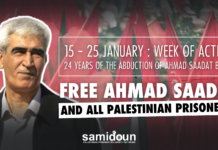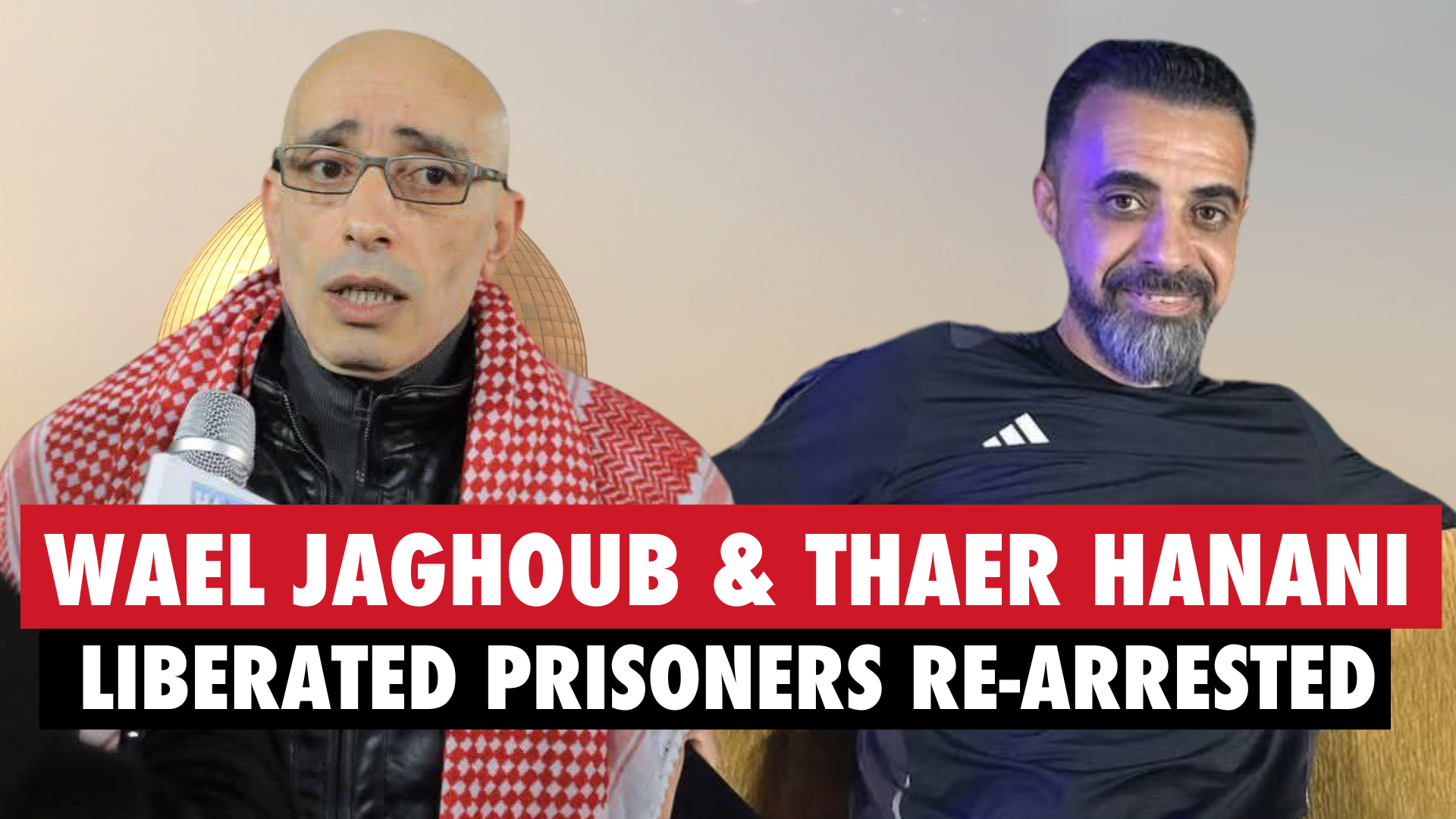
On Tuesday, 6 May, occupation forces targeted several liberated prisoners as part of their daily assaults on the villages, towns and refugee camps of the Palestinian people throughout occupied Palestine, including Wael Jaghoub, the Palestinian leader who was released on 25 January from his life sentence in occupation prisons as part of the Toufan al-Ahrar exchange with the Palestinian Resistance, and Thaer Hanani, who previously served 20 years in occupation prisons, both in Nablus.
The occupation routinely targets liberated prisoners in its campaigns of arrest, viewing them as leaders in the Palestinian liberation movement that serve as a perpetual challenge and confrontation to the occupation. In previous prisoner exchanges — notably, the Wafa al-Ahrar exchange — the occupation deliberately targeted liberated prisoners and reimposed their previous sentences on them when rearrested. Almost all of the Wafa al-Ahrar prisoners were freed again in the Toufan al-Ahrar exchange, and the Palestinian Resistance ensured that the exchange agreement itself explicitly prevented the occupation from arbitrarily re-arresting and re-imposing their former sentences on the liberated prisoners.
Nevertheless, the occupation regime has continued to harass and pursue the liberated prisoners. Nearly all of the liberated women prisoners have been summoned to interrogation, and many have been subjected to travel bans. Samah Hijjawi, released in the November 2023 prisoner exchange and then re-arrested, was released once again in the January 2025 Toufan al-Ahrar exchange. However, she — and her father, Bilal — were once again abducted by the occupation forces from their home in Qalqilya on 1 April 2025.
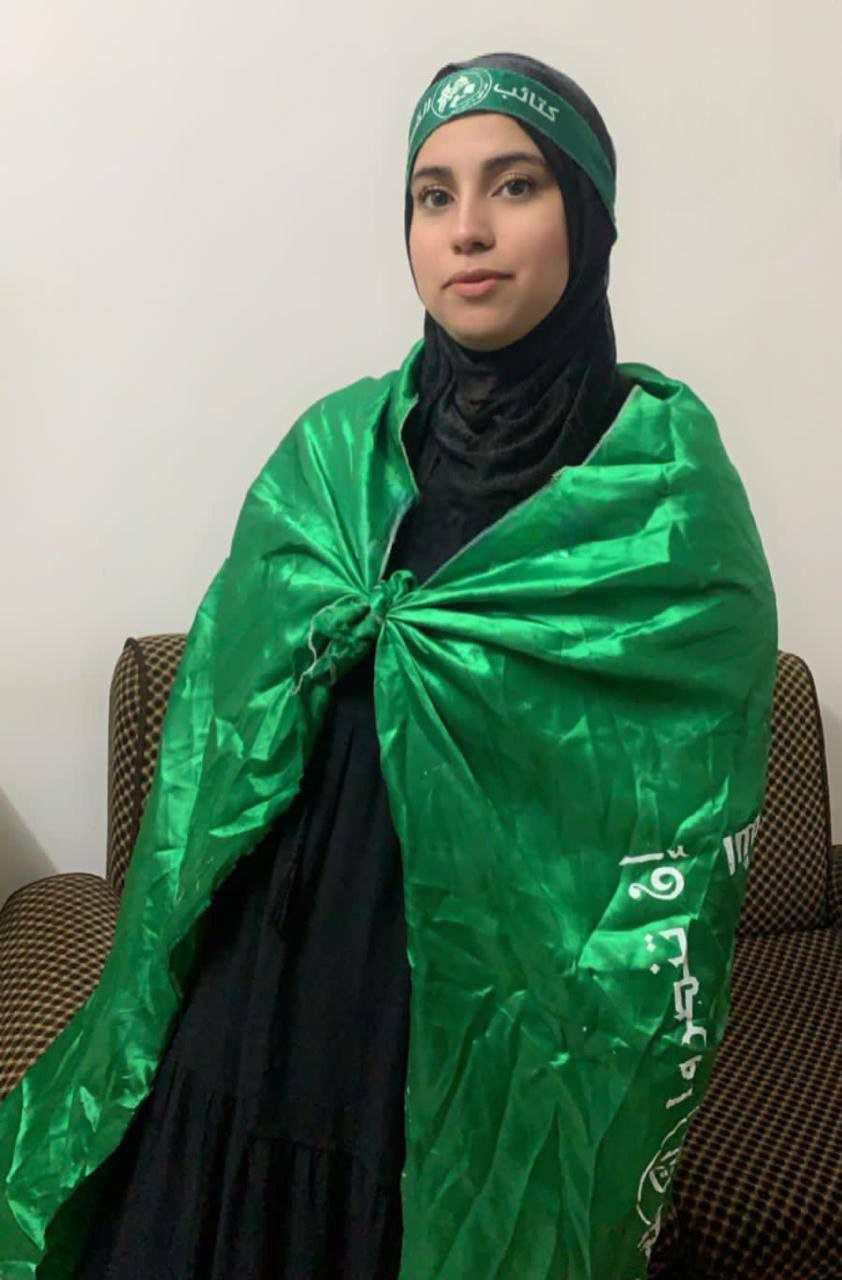
On Sunday, 4 May, occupation forces detained liberated prisoners Mahmoud Kleibi and Ihab al-Sharafa, both from the Shweika neighborhood of Tulkarem; however, the two were released that night. Both were released in February from life sentences in occupation prisons in the Toufan al-Ahrar exchange.
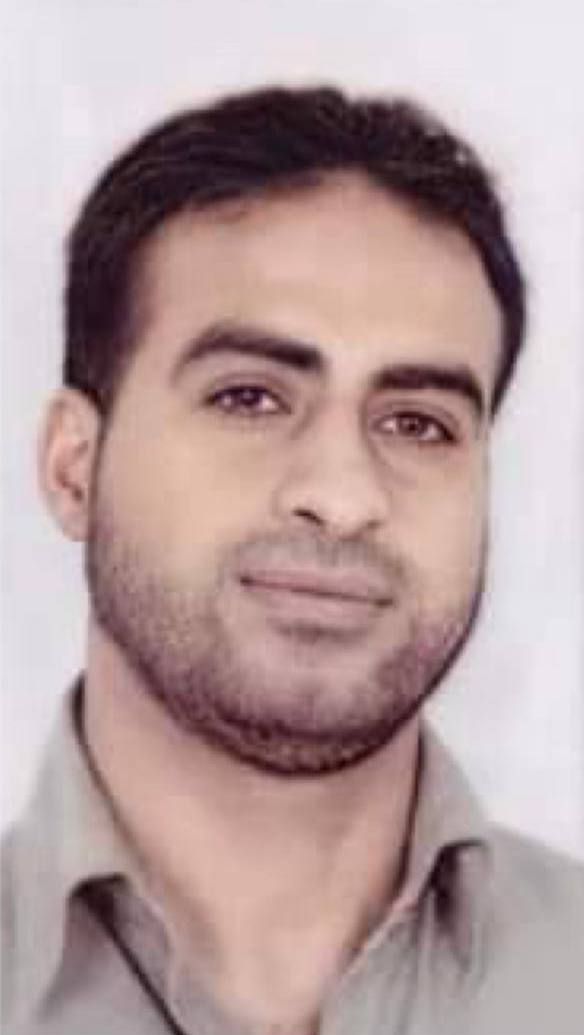
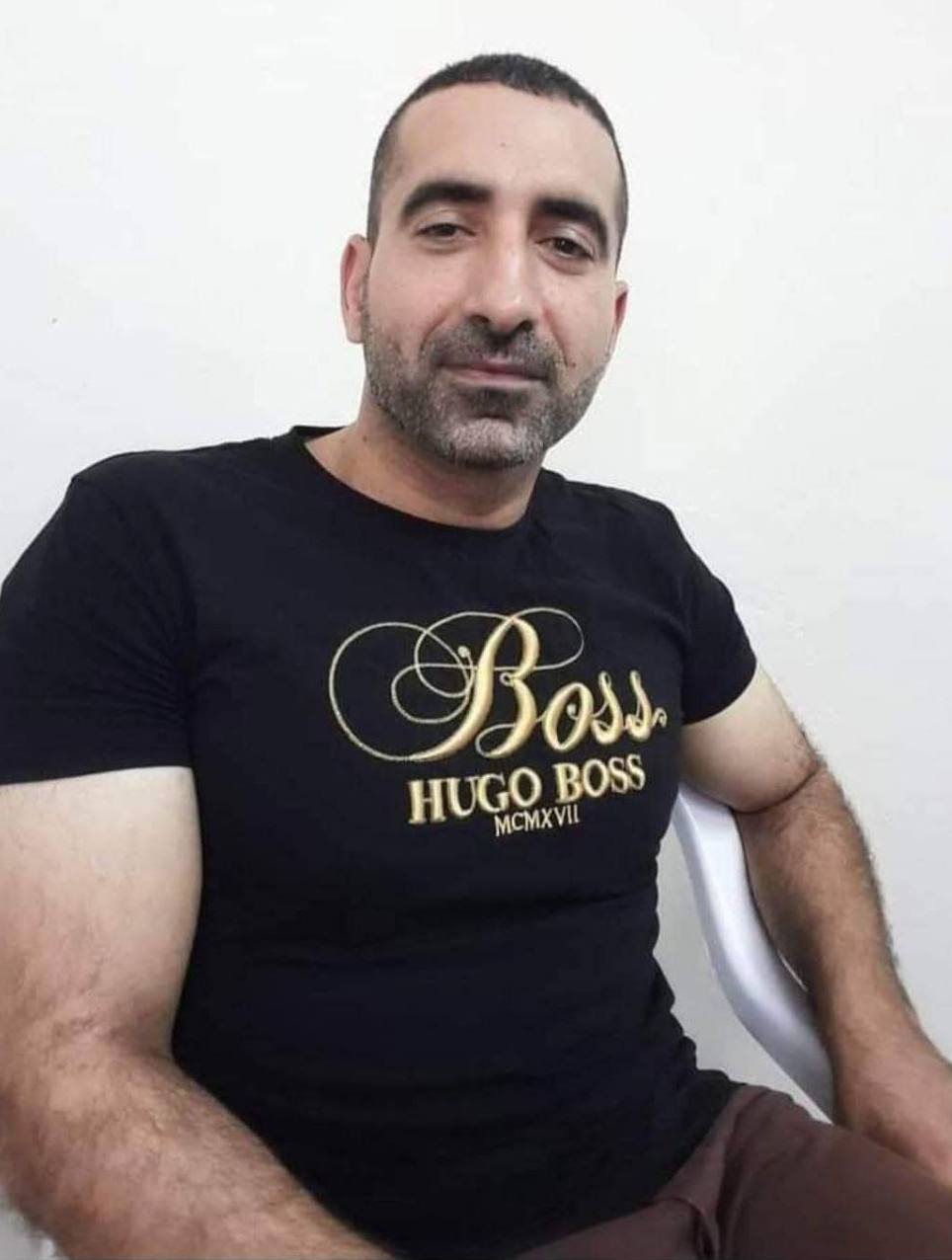
Wael Jaghoub has been a highly visible public spokesperson for the cause of the prisoners and of Palestinian liberation since his release, writing multiple articles and appearing on podcasts and interviews. This builds upon his years of study and leadership inside the occupation prisons; his targeting by the occupation is a direct attack on the liberated movement leaders. He was seized in the early morning hours of Tuesday, 6 May, from his home in the Rafidia neighborhood of occupied Nablus.
Born on 23 May 1967, Wael was involved in activism from an early age, especially with the advent of the first great popular Intifada. In 1992, he was arrested and sentenced to six years in prison for his resistance to the occupation, before being released in 1998.
With the outbreak of the Al-Aqsa Intifada, his leading role reemerged, and on 1 May 2001, the occupation arrested him, where he was subjected to harsh and long interrogation, and later the occupation sentenced him to a life sentence for his role in the resistance to the occupation regime as a leader of the Popular Front for the Liberation of Palestine.
During his years of captivity, Wael Jaghoub was subjected to solitary confinement on multiple occasions, as the occupation prison administration deliberately isolates active prisoners from their comrades because of their effect on the development and growth of the prisoners’ movement. As a result of this isolation, he was deprived of family visits for years.
He was active within the prisoners’ movement at an organizational level, serving as deputy head of the PFLP’s prison branch for several years, and has also been one of the most prominent writers of the prisoners’ movement.
During his imprisonment, he published several books and studies, reflecting the collective concern of the prisoners’ movement, including “Letters of the Detention Experience,” through which he chronicled various stages of the struggle of the prisoner movement and its martyrs; “The Organizational and Detention Experience of the Prison Branch Organization,” which covers the period between (2006-2016), written together with his comrade, fellow prisoner Kamil Abu Hanish; and “Asira Dreams,” which was published in 2007. He also published articles and political studies related to prisoners, and various intellectual studies, including a study on the crisis of the Palestinian left and seeking its renaissance.
He has continued this work since his liberation, after, over two periods of imprisonment, 30 years in the occupation jails.
Also on the morning of Tuesday, 6 May, occupation forces re-arrested Thaer Hanani, of Beit Dajan, Nablus, as he was crossing the Beit Furik military checkpoint. Abducted by the occupation in 2004, he was sentenced to 20 years in occupation prisons for his role in the resistance with the Popular Front for the Liberation of Palestine and its armed wing, the Abu Ali Mustafa Brigades; he was released on 30 June 2024 at the end of his sentence. During his time in prison, he was an active part of the prisoners’ movement and participated in hunger strikes in 2004, 2011, 2012, 2016 and 2017.
He also was very involved in both political/organizational and cultural work inside the occupation prisons; he served as a member of the Central Committee of the Prison Branch of the PFLP, and published multiple articles in Palestinian and Arab newspapers and magazines during his imprisonment, as well as writing and publishing the novel, “Live Where You Perish,” released in 2022.
The situation inside occupation prisons is dire, with the prisoners’ movement as a whole, and leaders in particular, being subjected to a policy of “slow assassination.” At least 66 identified Palestinian prisoners have been martyred in the occupation prisons since 7 October 2023 alone, alongside the ongoing genocide in Gaza. Palestinian prisoners from Gaza are particularly subjected to horrific conditions of torture and abuse, while denial of medical care, torture and beatings, physical and sexual assault, starvation and isolation are systematic practices against the over 10,000 Palestinians imprisoned by the occupation.
We urge supporters of Palestine around the world to act and organize to demand the liberation of Wael, Thaer, Samah and that of all Palestinian prisoners as part and parcel of ending the genocide in Gaza — on the road to the liberation of Palestine from the river to the sea.



Discover more from Samidoun: Palestinian Prisoner Solidarity Network
Subscribe to get the latest posts sent to your email.



